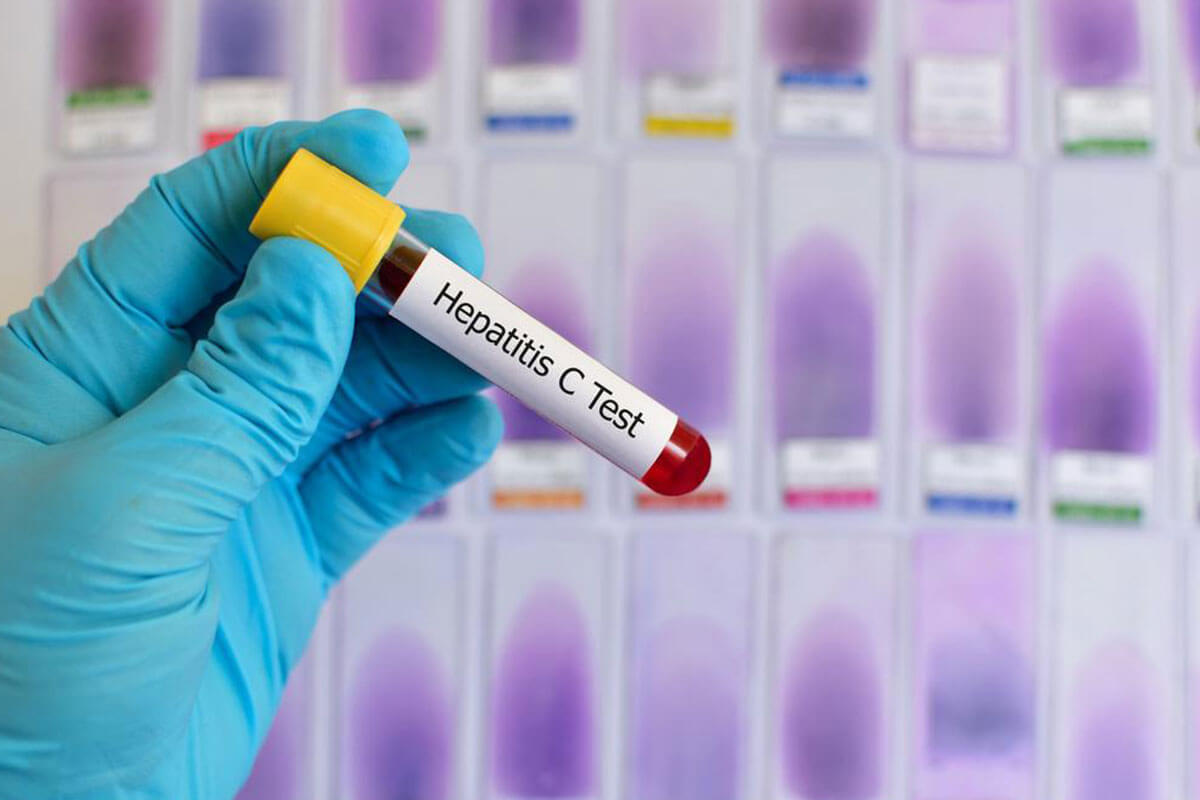Effective Strategies for Treating Hepatitis C
Learn about effective strategies for curing hepatitis C, including modern antiviral treatments, prevention tips, and the importance of early diagnosis. This comprehensive guide highlights how medical advances and safe practices can combat this widespread infection, emphasizing both treatment options and preventive measures for a healthier future.

Effective Strategies for Treating Hepatitis C
Hepatitis C remains one of the most common liver infections worldwide, affecting approximately 71 million people. Caused by the Hepatitis C virus, this bloodborne disease spreads mainly through contaminated blood exposure, such as unsafe injections or medical procedures. If untreated, it can lead to serious liver conditions like cirrhosis, failure, or cancer. Many individuals remain unaware of their infection until liver damage manifests years later, emphasizing the importance of regular screening and timely treatment.
Hepatitis C causes both acute and chronic illness. While acute infections are often symptomless and resolve naturally within six months, chronic infections pose risks of severe liver damage. About 20% of infected individuals may develop cirrhosis within two decades. Treatment options depend on factors like liver health, overall medical condition, viral load, and virus genotype. Often, acute cases are left untreated due to their asymptomatic nature, but chronic cases require targeted therapy.
Hepatitis C transmission occurs through:
Sharing contaminated needles.
Unsanitary medical practices such as unsterilized syringes.
Blood transfusions with infected blood.
Unprotected sexual contact.
From mother to child during childbirth.
Symptoms of chronic Hepatitis C include fatigue, fever, nausea, jaundice, joint pain, and abdominal discomfort. These may be managed through effective treatments designed specifically for the virus.
Treatment varies depending on disease progression. Sometimes, the immune system clears the virus naturally. When it does not, liver assessments and antiviral medications are used. Modern medicines, such as Sofosbuvir, Daclatasvir, and their combinations, have high cure rates exceeding 95%. Access to generics has made these treatments affordable in many low- and middle-income countries.
WHO provides guidelines for both healthcare providers and individuals to prevent transmission. Since no vaccine exists yet, preventive measures include:
Practicing proper hand hygiene in healthcare settings.
Ensuring safe injection practices.
Proper disposal of medical waste like needles.
Screening blood donations rigorously.
Training healthcare workers on bloodborne risks.
Using condoms to reduce transmission risk.
Getting vaccinated against Hepatitis A and B.
Seeking timely medical care and antivirals if infected.
Regular health check-ups to monitor liver health.
While treatments are available, prevention is crucial. Medical advancements since the 1990s have transformed management, with success defined as undetectable virus levels six months after therapy. However, costs can be high, especially in countries like the USA, prompting individuals to check insurance coverage or seek financial aid programs.
Treating Hepatitis C can be lengthy and expensive, but support is available worldwide. Addressing this global health challenge involves awareness, early diagnosis, and adherence to treatment protocols to eliminate the virus effectively.










